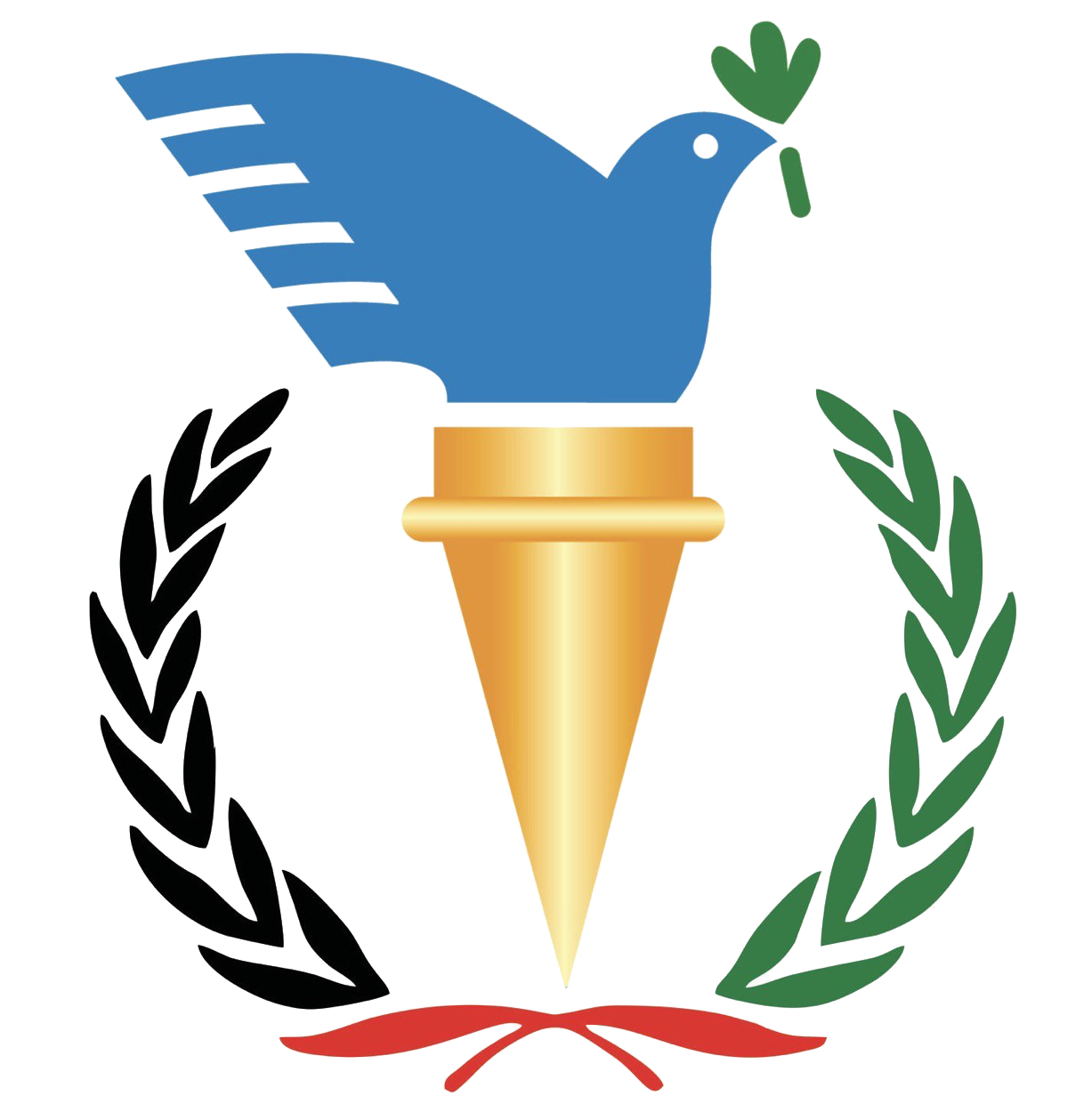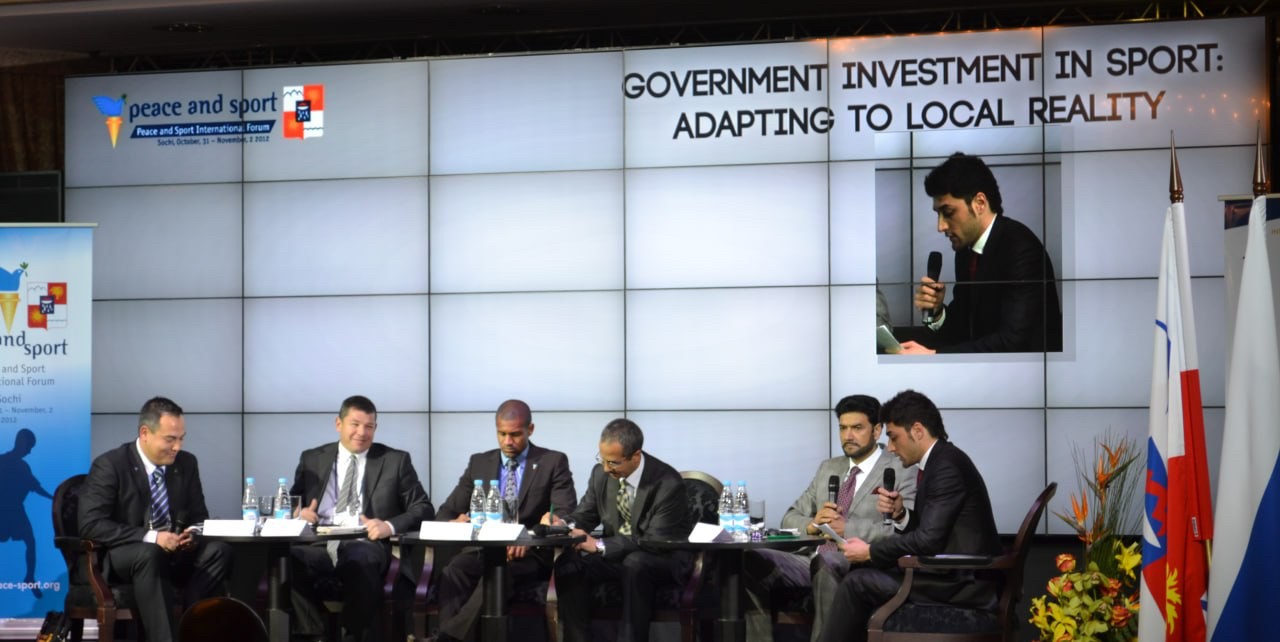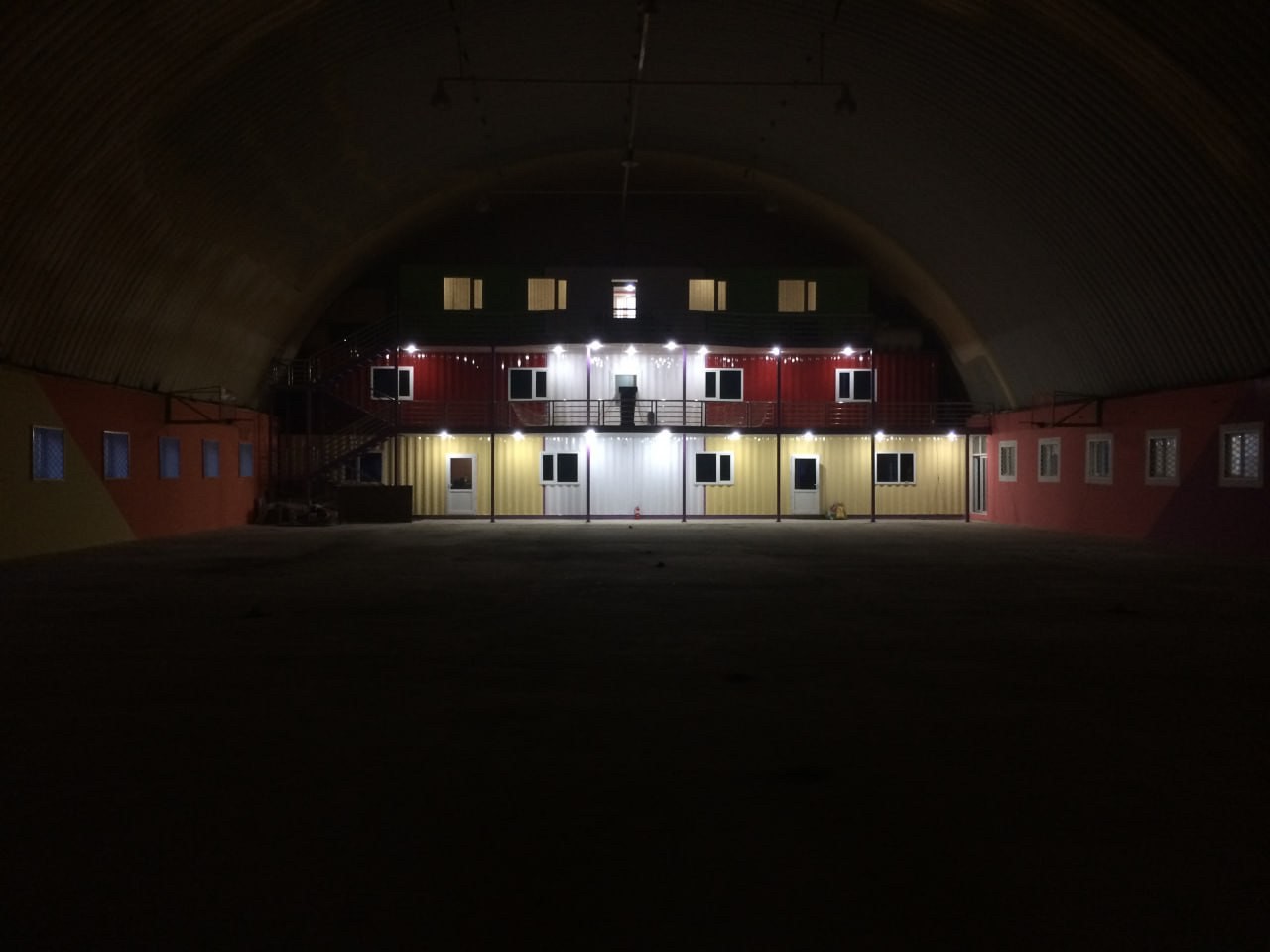- Home
- Our Work
- Empowering Tomorrow’s Leaders: The Orphanage Outreach Initiative
- Unity Through Sport: The Community Tournament Series
- Empowering Abilities: The Inclusive Sports Initiative
- Unsurfed Afghanistan
- Operation Fight Ground: Fostering MMA in Afghanistan
- Empowering Women: A Journey Towards Health and Equality
Mission Statement
Our vision at PSC is to create a harmonious and equitable global society where unity, empowerment, and opportunities flourish. We aspire to use sports, education, and community initiatives as tools to unlock the potential of every individual and facilitate societal transformation.

- Who We Are
About Peace and Sports Council of Afghanistan
The Peace and Sports Council of Afghanistan (PSC) was founded in 2012, marking the inception of a significant initiative aimed at promoting unity, youth empowerment, and equal rights within Afghanistan. Based in Kabul, the organization began its noble pursuit by actively engaging with its community, notably extending support and opportunities to approximately 500 orphans.
- Our Program
Mission Statement
Introducing the transformative Peace and Sports Council (PSC) educational initiative, strategically designed to weave together the foundational principles of youth empowerment, equal rights, and promoting unity into the fabric of Afghanistan’s societal fabric.

- News
- Contact Us




